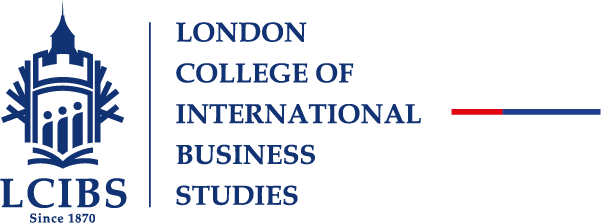Five years from now, over one-third of skills (35%) that are considered important in today’s workforce will have changed, according to the World Economic Forum’s The Future of Jobs report.
Problem solving, creativity, critical thinking, coordinating with others, emotional intelligence and people management are predicted to be the six most in demand skills in 2020, as ranked by the report, which surveyed chief human resources and strategy officers from leading global employers.
Most of these skills have traditionally been labelled ‘soft’ skills, but are set to become the hard skills of the future. Purely technical skills are likely to be done better and faster by robots, giving our uniquely human abilities room to flourish.
This requires an educational shift. Instead of the purely academic rote learning of the past, students must focus on honing ‘soft’ skills that will enable them to succeed in the 4th Industrial Revolution.
“I don’t think that the end of routine means the end of jobs. I think it just means the end of routine.” – Gerd Leonhard, futurist.
Creativity

While machines analyse and crunch data, humans will be freed from tedium to be more creative. Machines cannot think creatively – not yet anyway, and it’s our ultimate advantage.
A creative mindset stems from a growth mindset. This is the willingness to try new things and fail. It’s a hunger for experimentation and risk-taking. Ultimately, creativity breeds innovation. It’s time we stop viewing creativity as some mysterious talent that only a few possess, but as a skill that can be practiced and learned.
Chris Lewis, the author of Too Fast to Think: How to Reclaim Your Creativity in a Hyper-connected Work Culture, says the pressure of information overload is stifling our creativity. He suggests taking a step back to dream, relax and engage.
Critical thinking and problem solving
In a world of information overload, the ability to critically analyse information is what sets humans apart. Critical thinking teaches us not just to absorb information, but question it. Is it bias or irrational? Did it stem from an emotionally driven source? How does it stand to impact the lives of others? Artificial Intelligence (AI) may be able to make data-driven decisions, but critical thinkers must analyse how an outcome will affect a company and its employees, and the world at large.
Good problem solving also involves critical thinking where the implications of every solution must be carefully considered. Good problem solvers can make informed decisions quickly and take action, without getting buried under mountains of data.
Emotional intelligence
Self-awareness and managing emotions is a top requirement for the future, especially for leadership and managerial positions. Companies will have to adapt rapidly to keep up with technology. This will be an unsettling time for employees. It’s up to emotionally intelligent leaders to step in and steer teams in the right direction, without getting consumed by fear or worry.
Empathy is a part of emotional intelligence that will be highly regarded in the future. While the influence of technology and automation is growing, people need to be involved in the design process. The ability to understand another’s experiences is vital for producing products and services that meet customers’ needs. The need for human connection will only get stronger, and leaders who can empathise and show humanity and kindness will propel their companies forward.
People management

AI is predicted to take over medical tasks like examining a patient, eliminating possible diseases, and making an accurate diagnosis. However, it can’t replace the human connection that people crave. A patient needs empathy and explanation. Computers may start to solve our medical, and even legal dilemmas, but people management skills are necessary to relay that information in a considerate way. Geoffrey Hinton, a computer scientist at the University of Toronto, notes that even the most advanced AI cannot yet explain the cause of an ailment or problem.
“A deep-learning system doesn’t have any explanatory power,” he says.
Coordinating with others
As technology drives more of our work tasks, humans will be required to collaborate more, and coordinate diverse teams of people, often spanning the globe. This requires good communication skills, the maturity to build relationships, and the ability to solve constantly evolving challenges across departments.
The power of change
Ultimately, man’s greatest asset is adaptability. The one thing that’s certain about our future is change. As Darwin said, it’s the most adaptable of species that will survive, not necessarily the strongest or fastest.
At LCIBS, we embed these skills into our blended learning courses, ensuring students graduate with the ability to adapt and create the future of their dreams.
Author: Elton Daddow







